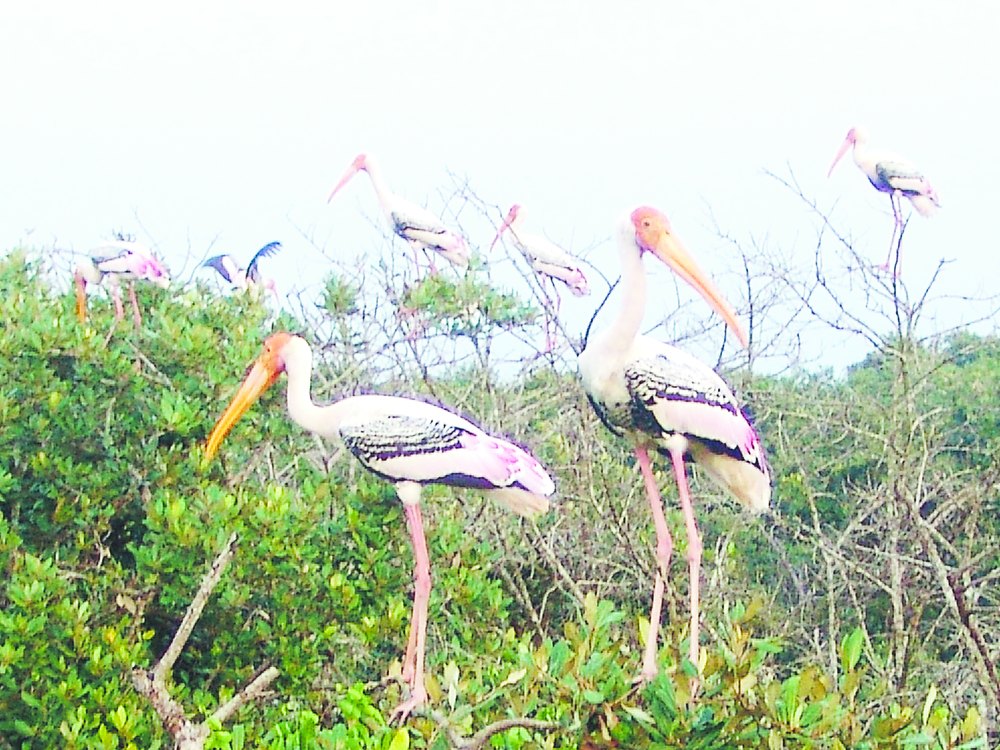
Paradip, June 25: Residential water birds have made Bhitarkanika their temporary home even as the onset of monsoon has triggered chirpy cacophony along the marshy wetland spots here.
The winged species have thronged the heronry here in thousands for their annual nesting and breeding.
"The arrival of local migrant birds has re-established Bhitarkanika as one of the prominent heronries of the state," said a forest official.
"With the commencement of rains, migrant species have arrived in large numbers in Bagagahana heronry for seasonal nesting. They have built nests and laid eggs atop the mangrove trees. Their sojourn would last for three months from now, and thereafter, they would start their homeward journey," said Rajnagar mangrove (wildlife) forest division officer Bimal Prasanna Acharya.
"The monsoon migrant birds are arriving in batches. Their headcount is yet to be made. However, around 15,000 local water birds have made their way to dense mangrove cover in Bagagahana," he said.
Prominent among the species arriving here for nesting are grey heron, purple heron, darter, cormorant, large egret, intermediary egret and little egret.
The number of birds arriving here are on the rise on day-to-day basis. Last year, 91,545 monsoon birds had come. Forest officials are pinning the hopes that the figure would rise this time. The birds' habitat spread across around four hectares. They wing their way in and around the water bodies, adding to the scenic beauty of the place. There is ample of food security for the birds as the place, criss-crossed by innumerable water inlets and nullahs, is free of human interference, Acharya said.
Lack of human interference, ideal climatic condition, cool breeze and the river system here all have emerged to the liking of these delicate chirpy winged species.











